From pastimes to money making, rural land has limitless potential. No matter the size of your client’s farms, we have loan programs that support their hobbies or their commercial properties. As experts in agricultural financing, United Ag Lending is well-equipped to speak about hobby farms versus commercial farming.
Growth manifests in many ways: crops sprouting from soil, herds of cattle multiplying, rural populations trending upwards, or brokers expanding their knowledge. At United Ag Lending, we specialize in cultivating growth with tailored financing. With our personalized loan solutions, you and your clients can experience incredible growth.
What’s the difference between a hobby farm and a commercial farm?
A hobby farm pursues a fulfilling interest or lifestyle, whereas a commercial farm seeks to make a profit. However, intention alone does not determine whether a venture is considered a hobby or commercial operation. Understanding their key differences is crucial in determining which type of farm you’re providing a loan for.
Key Differences
There are several key differences between hobby and commercial farms:
Hobby farms and commercial farms have distinct loan processes and requirements.
To delve into the differences in hobby and commercial farm lending, skip to the following section: Differences in Loan Options for Hobby Farms vs. Commercial Farming.
Depending on zoning laws, hobby and commercial farms may have distinct regulations.
Zoning laws may dictate the quantity of animals your client owns, structures on the land, and other factors. When your clients choose to pursue hobby farms vs. commercial farming, it’s valuable to know their goals in advance.
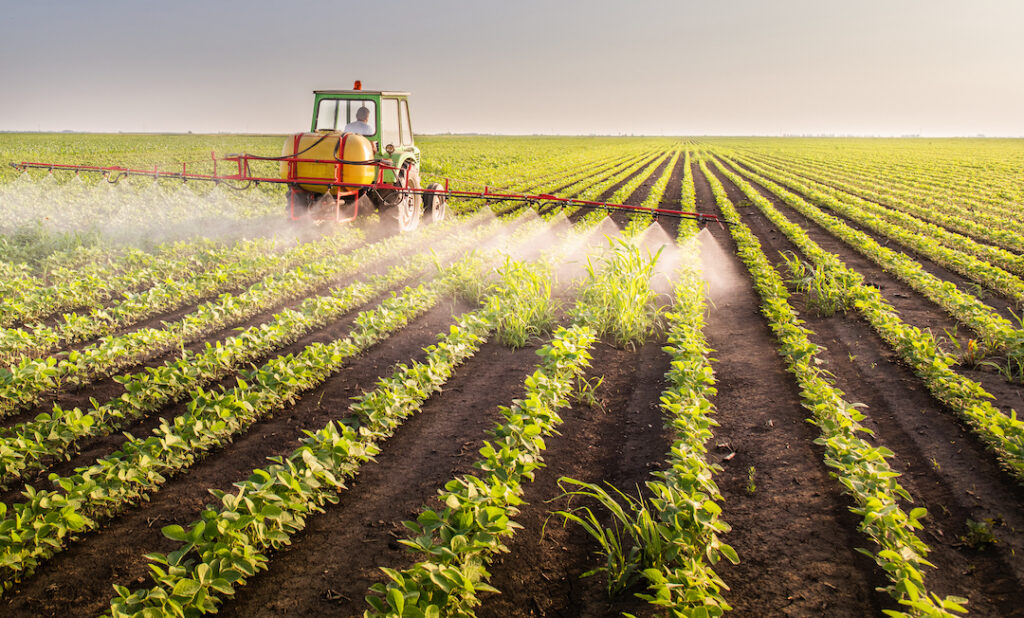
Differences in Loan Options for Hobby Farms vs. Commercial Farming
Loans for hobby farms and commercial farms follow different regulations. These differences affect the:
- Loan amounts & requirements
- Acreage allotment
- Livestock count
- Allowed structures
Loan Amounts & Requirements
Loan amounts and requirements vary between hobby farms and commercial farms.
Hobby Farms
Because hobby farms are a smaller operation than commercial farms, most accompanying factors follow suit. Fortunately, United Ag Lending is unique, providing more flexible, accommodating loan products than our competitors. For hobby farm loans, we can provide loans up to $2 million with Schedule F (Farm) income allowed.
If you’re unfamiliar with Schedule F (Farm) income, it’s an IRS form for reporting farming income and expenses, so the farmer might earn tax benefits. If you’re wondering how someone can submit for Schedule F (Farm) income and receive a hobby farm loan, jump to the FAQ section.
Commercial Farms
Commercial farms are much bigger than hobby farms, so they require larger loans. Our commercial farm loans have a minimum of $500,000 due to the many moving parts required for a large agricultural business. There is no set maximum amount for our commercial farm loans.
Acreage Allotment
Our hobby farm loans are for a minimum of 5 acres and a maximum of 160 acres, with more allotted on a case-by-case basis. Commercial farm loans are for a minimum of 10 acres, and we don’t have a set maximum.
Livestock Count
Our hobby farm loans allow for up to 50 heads of livestock, while commercial farm loans are not limiting.
Allowed Structures
When considering hobby farms vs. commercial farming, it’s important to know that there are guidelines regarding what structures may be on the property. A hobby farm loan from United Ag Lending permits shed homes, barndominiums, log homes, outbuildings, and multiple homes on the property. Commercial farm loans go further, allowing other land improvements to be constructed.
Hobby Farm Loans
If you or your client is interested in knowing more about hobby farm loans, please contact us for information and guidance. In the meantime, you can review our hobby farm loan program on our website. Notable benefits of our hobby farm loan program at United Ag Lending include:
- Attain loans up to $2 million with Schedule F (Farm) income permitted
- Generating income from your hobby farming
- Accommodating up to 50 livestock on the property
- Possessing numerous land parcels that are nearby and can be merged together
- And more
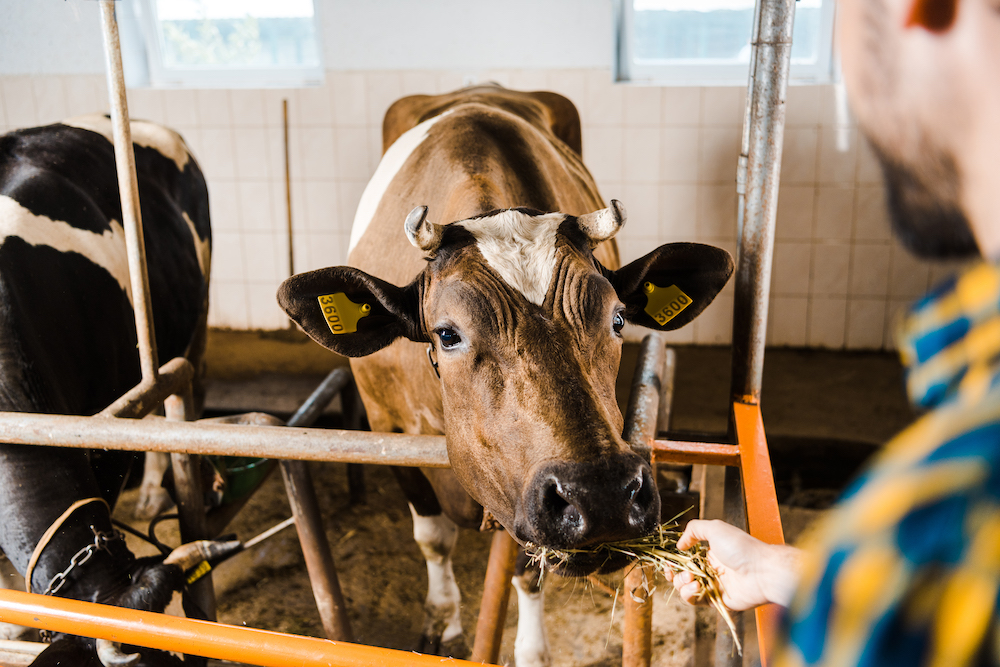
Commercial Farm Loans
Get in touch for more education and support regarding commercial farming loans if you or your client is interested. During this time, you have the option to look over our commercial farm loans online. Some impressive benefits of our commercial farming loan program at United Ag Lending include:
- Up to 30-year fixed-rate loans are offered, with no prepayment penalties or adjustable rate options
- Monthly, annual, or semi-annual payment options
- Up to 70% of value loans offered
- Financing available for various sectors such as logging, forestry, nurseries, orchards, vineyards, dairies, ranches, cattle, and beyond
- And more
Note: If your client is unsure about hobby farms vs. commercial farming, we are happy to shine some light on their options.
Why should I pursue agricultural lending?
As time passes, people and their values evolve. As digital living becomes more prevalent, alongside constant surveillance and overwhelming cultural shifts, people are increasingly eager to slow down and unplug. Rural life boasts the sweeter, more grounded lifestyle many individuals desire.
Rural Living Trend
This trending mentality is not only clear because of social media discourse, but it’s demonstrated by data. Rural populations have been increasing since 2011 as city dwellers move away from the chaos of urban life.
Mounting Food Concerns
Not only are many individuals drawn to the countryside for the pace and peace, but due to concerns regarding our food system. Young individuals in particular are showing a growing interest in cultivating their own food to steer clear of the financial, health, and environmental issues.
According to a poll collected by Gallup—a global analytics and advisory firm—28% of Americans do not have much confidence in the government to keep food safe, and 14% have “none at all.” It is probable that these developing attitudes will further push people to move to rural regions.
Expanding Your Reach as a Lender
As a broker or lender, you may encounter more and more agriculturally inclined clients, making it advantageous to be familiar with the field. Partnering with United Ag Lending is an opportunity to expand your skill set and target a flourishing market. We’re more than happy to share what we know about hobby farms vs. commercial farming and support your clients however we can.
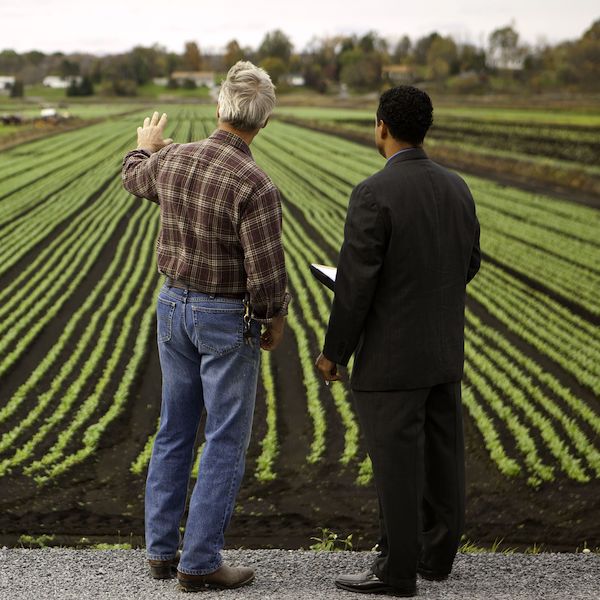
Frequently Asked Questions: Hobby & Commercial Farm Loans
We receive many questions about agricultural lending, but some stand out among the bunch:
How can I submit a loan where the borrowers have Schedule F (Farm) income?
Since a hobby farm is not operated for profit, it might be unexpected that a hobby farmer could submit Schedule F and qualify for a hobby farm loan. It’s possible because lenders and the IRS classify farms separately, meaning they may label the same operation differently from one another.
While it’s true that many lenders will not provide a hobby farm loan to clients submitting Schedule F, as it can be an indicator that their operation is larger and more well-suited to a commercial farm loan, we’re different. At United Ag Lending, we understand a hobby farm can create revenue without becoming a full-blown commercial venture.
Even small-scale hobby farmers should still be able to benefit from Schedule F. Our loan products are flexible and designed to suit individual circumstances, not a set of rules. We permit clients to obtain significant loans while allowing Schedule F (Farm) to provide the most empathetic, effective solutions on the market.
Are hobby farms and commercial farm loans processed differently?
Yes, hobby farm and commercial farm loans are processed differently because they follow different regulations.
How is a hobby farm loan different from a rural residential loan?
Loans for rural residences generally follow the same guidelines as Hobby Farm loans.
How many acres is considered a hobby farm?
The average hobby farm is roughly 10 to 50 acres. However, at United Ag Lending, we provide hobby farm loans for up to 16o acres, with more allotted on a case-by-case basis. It’s valuable to think about how many acres your client wants when considering hobby farms vs. commercial farming.
Is a hobby farm profitable?
A hobby farm can be profitable, but it requires forethought and careful execution to run a lucrative hobby farm. Many hobby farms provide supplemental income rather than significant profits.
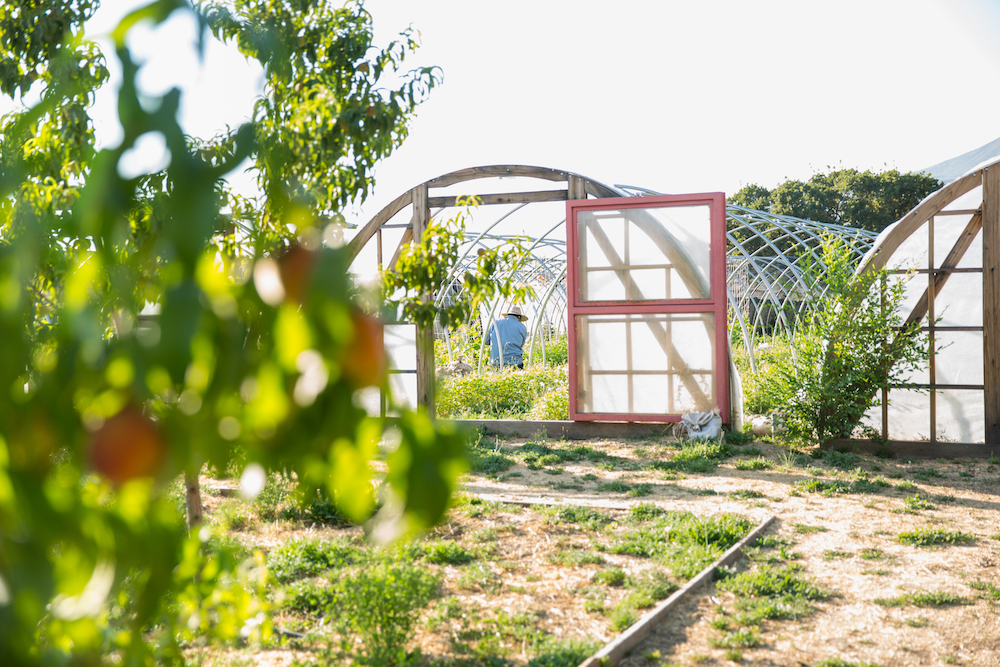
Explore Hobby & Commercial Farm Loans With Help From United Ag Lending
United Ag Lending programs have transformed the way rural Americans approach agricultural real estate loans with their personalized nature. Our flexibility as a wholesale homestead lender enables us to present your clients with creative and competitive financing options.
Bridging the divide between your customers and the rapidly shifting economy is our overarching goal, achieved by providing lending education and options to meet their needs. Our extensive experience and knowledge comes from working with many people, diverse lands, and various agricultural fields.
Are you interested in joining our network as a trusted lending partner? Reach out to us to get informed on hobby farms vs. commercial farming and the rest of our services.
United Ag Lending’s TPO Licensed States: Arizona, Arkansas, California, Colorado, Florida, Georgia, Idaho, Indiana, Iowa, Kansas, Kentucky, Maryland, Massachusetts, Michigan, Mississippi, Missouri, Montana, New Jersey, New Mexico, North Carolina, Ohio, Oklahoma, Oregon, Pennsylvania, South Carolina, Tennessee, Texas, Washington, and Wyoming
Continue reading: How to Originate a Poultry Farm Loan | Funding a Flock; Farm Loan Requirements Your Clients Need to Get Started

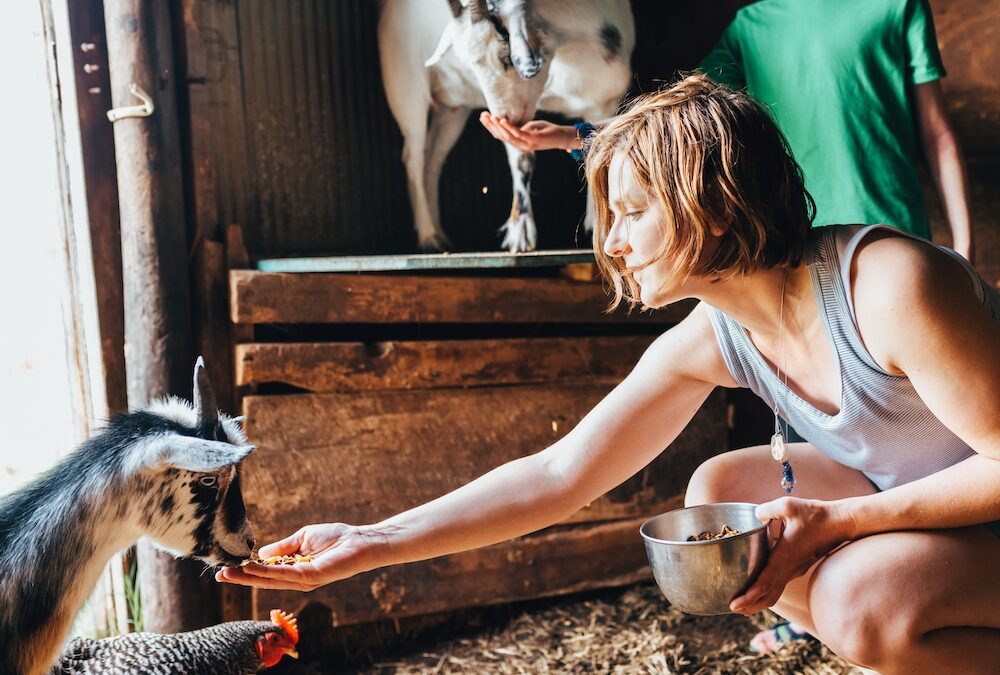
Recent Comments